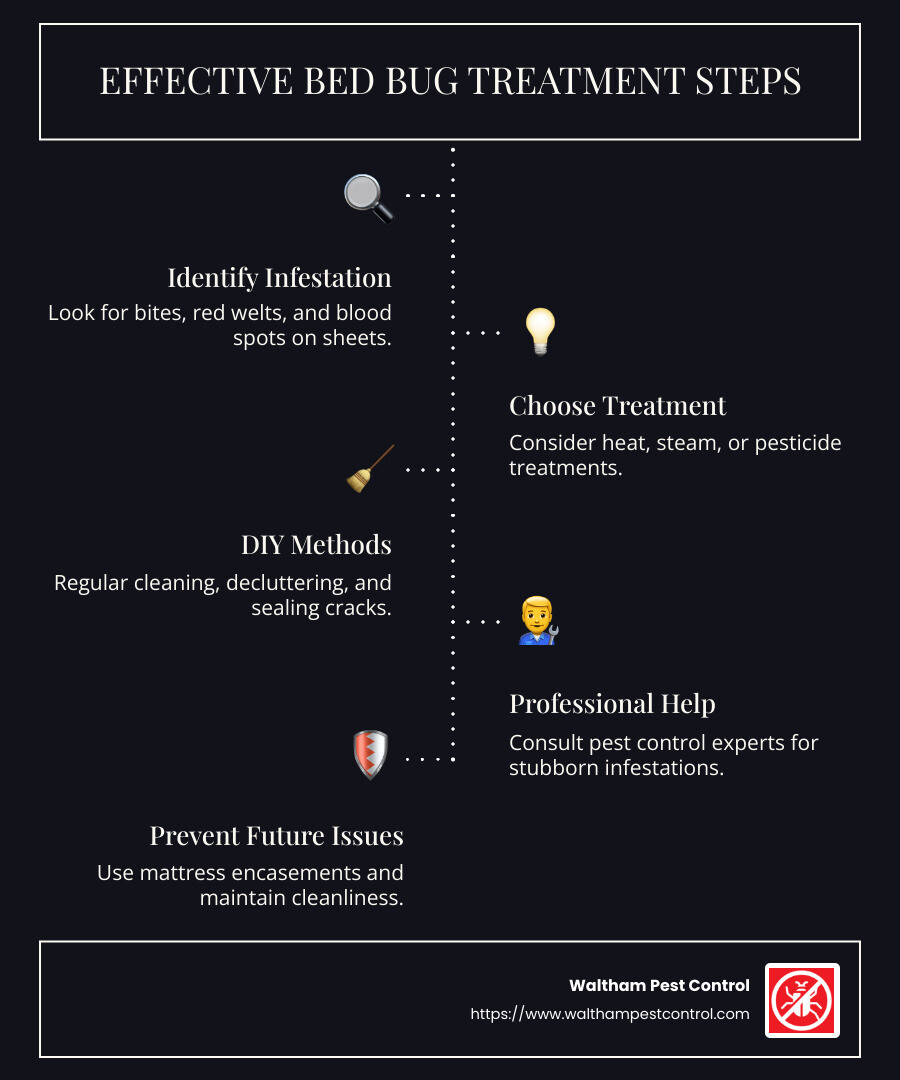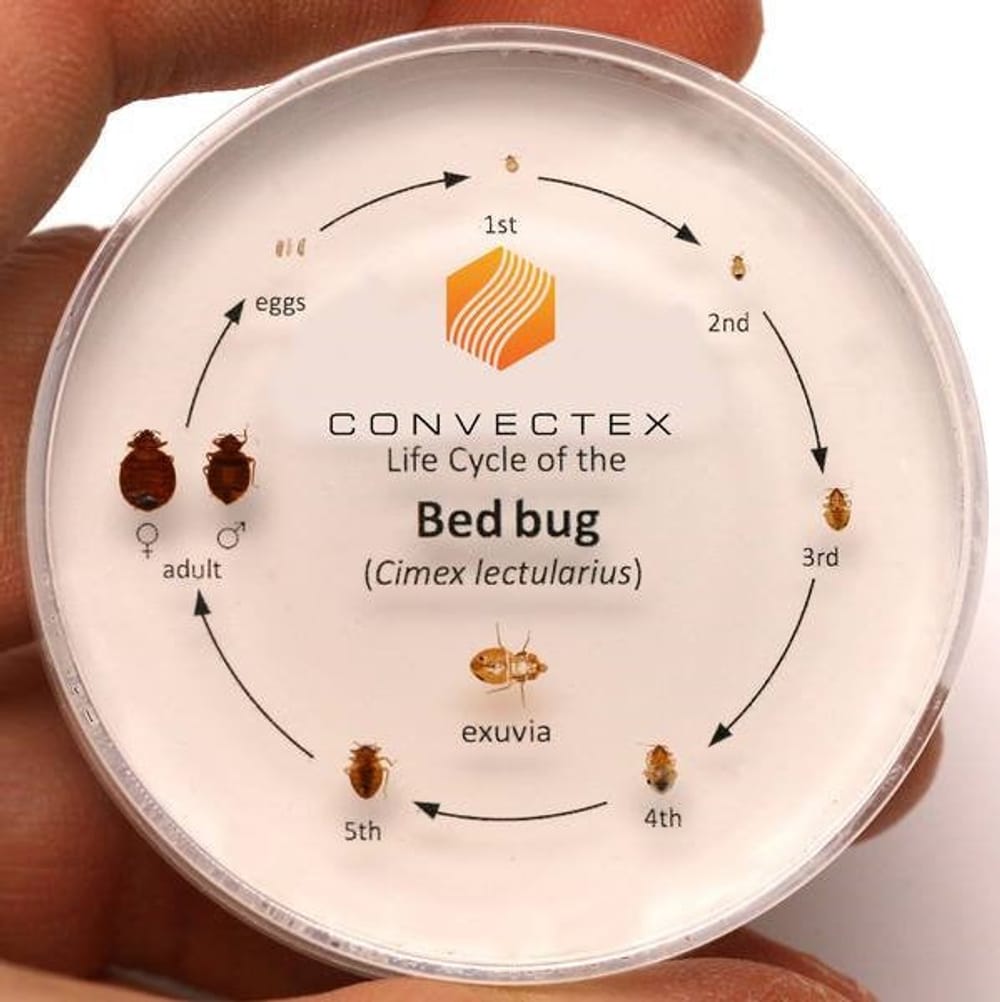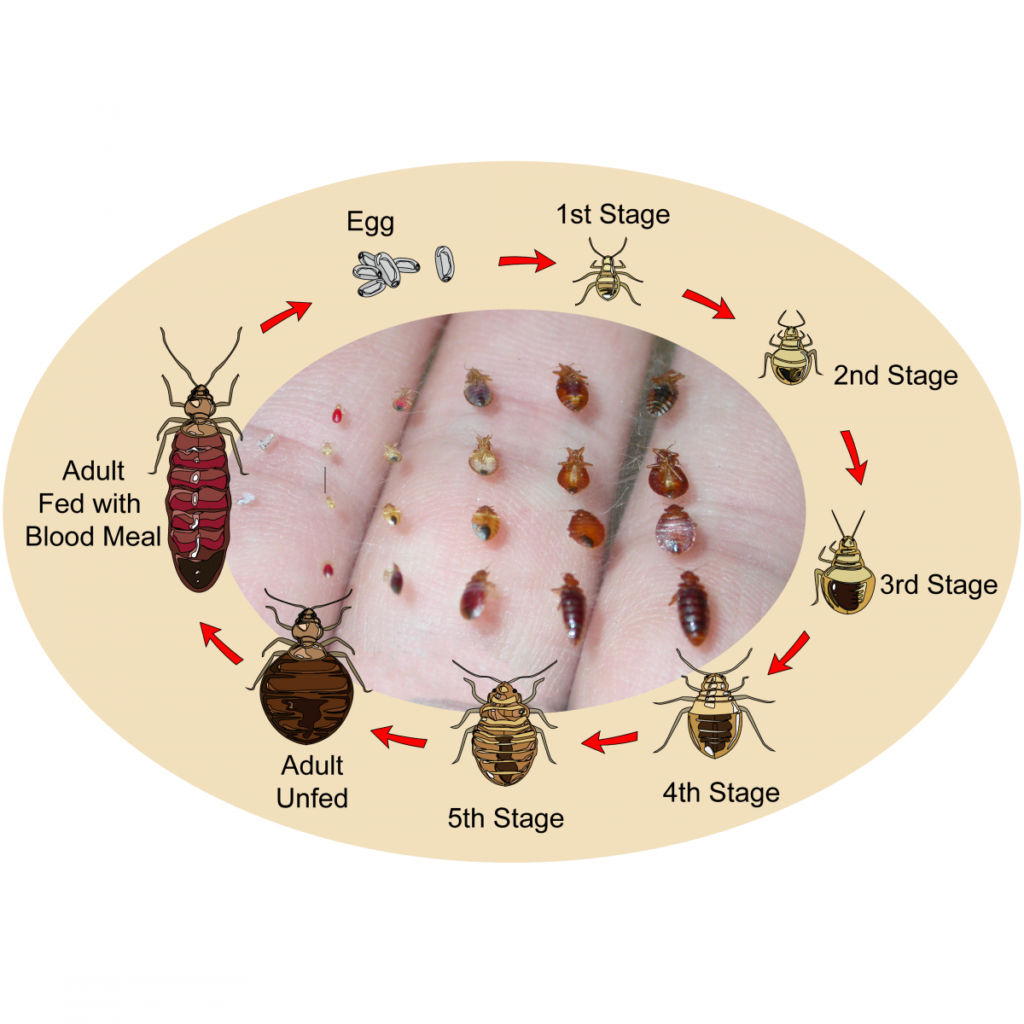The Only Guide for Bed Bug Services
Table of ContentsOur Bed Bug Services DiariesA Biased View of Bed Bug ServicesMore About Bed Bug ServicesThe 30-Second Trick For Bed Bug Services
An expert-conducted bed bug inspection is much more than a simple walkthrough and demands careful attention. Bed bugs are small, elusive, and adept at hiding that seek cracks, crevices, and furniture seams. Because of their stealthy behavior, detailed examination is necessary to identify the full scope of the problem. Professional inspectors employ a range of techniques, tools, and expertise to locate pests effectively, preventing spread and further infestation.The first step in the inspection process involves knowing the habits and life cycle of bed bugs. Bed bugs belong to the order Hemiptera and undergo a life cycle that includes eggs, nymph stages, and adulthood. Adults are oval, flat, reddish-brown insects that lack wings and have long legs and antennae. Their mouthparts are designed to pierce skin and extract blood, producing skin irritation and visible marks. Knowing these traits helps inspectors anticipate hiding spots.
Early detection is critical for effective management. Professionals search for telltale signs such as fresh droppings that resemble small ink dots, old stains, shed skins, eggs, or eggshells (Bed Bug Services). Even one female can produce dozens of eggs quickly, potentially causing full-blown infestations. Evidence of shed exoskeletons or leftover eggs shows that the infestation is current and requires prompt inspection
Preparing for an inspection requires attention to detail. Inspectors often advise removing items that block access, which makes it easier to inspect furniture and wall edges. Bedding and linens may be washed in hot water and dried on high heat, and then stored in sealed bags to prevent re-infestation. Wall decor, mirrors, and pictures may need to be removed to inspect behind frames. Vacuuming furniture and floors may capture visible bugs and eggs, and vacuum bags should be disposed of immediately outside.
5 Easy Facts About Bed Bug Services Shown
The inspection itself is methodical and detailed. Inspectors focus on sleeping areas like beds, headboards, and mattresses, looking closely at creases, joints, and folds. Upholstered furniture, including couches and chairs, is inspected thoroughly, including underneath and inside cushions. Baseboards, moldings, the edges of wall-to-wall carpeting, electrical outlets, closets, and storage areas are methodically checked, as these can be common harborage sites.
Specialized tools help inspectors find hidden pests. Flashlights, magnifying lenses, multi-tools, and mirrors allow examination of tight spaces. Monitoring devices like interceptor traps or sticky pads allow ongoing monitoring of pest activity. Some companies bring in canine teams, which accurately identify active infestations, distinguishing them from Visit Your URL residual signs.

Meticulous documentation is a key component. Inspectors document all signs, infestation levels, and suggested measures. This ensures accountability and helps with client communication. Residents are often advised not to remove blood-stained sheets or vacuum infested areas, as this maintains inspection effectiveness.
After inspection, a monitoring plan may be recommended to follow up on findings. Continuous monitoring detects reinfestation, and asking residents about bites and sightings helps pinpoint problem areas. Cooperation from residents enhances detection.
An Unbiased View of Bed Bug Services

Professional inspections offer a higher level of accuracy than DIY attempts. Trained inspectors recognize early evidence of bed bugs, avoid unnecessary treatments, and confirm the situation accurately.
Bed bug inspections are particularly important in high-risk environments. Inspectors examine adjacent units, common areas, and shared furniture to ensure the infestation is fully mapped (Bed Bug Services). This prevents escalation and reduces treatment costs
In summary, a professional bed bug inspection requires knowledge of bed bugs, property preparation, careful examination, tool utilization, record-keeping, and follow-up monitoring. Each step supports early detection, informs treatment, top article and reduces future risk.
The Facts About Bed Bug Services Revealed
